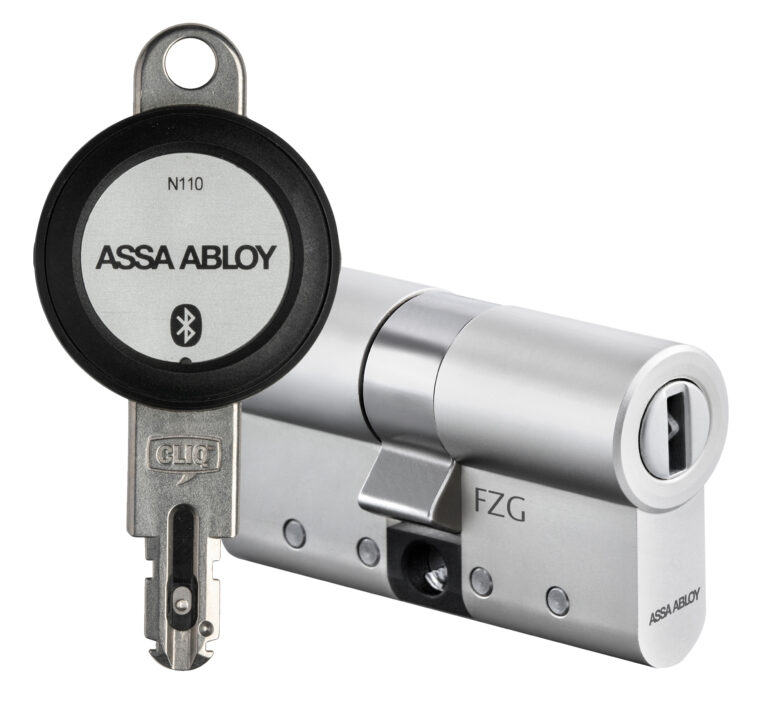Posted by Johann Nacario — February 6, 2023 — Global building technology society ASHRAE has released the latest version of its benchmark energy efficiency standard, ANSI/ASHRAE/IES Standard 90.1-2022, Energy Efficiency Standard for Sites and Buildings Except Low-Rise Residential Buildings. The latest version includes an expanded scope for building sites and major additions appearing for the first time in a minimum-efficiency U.S. model energy standard or code.

ASHRAE Standing Standard Project Committee 90.1 Chair Don Brundage explained:
We have identified some ambiguity in the standard by offering guidance on regulating only buildings and not sites. Examples include exterior and parking lot lighting, which if not provided through the main electric panel in the building, were not within the scope of Standard 90.1 previously. Including sites also clarifies that onsite renewables could count as credits towards energy usage across the entire building project, even if located in a parking lot or other onsite location, not only with in the footprint of the building. We are continuing to improve efficiency and reduce energy use through updates to Standard 90.1, meeting the needs of the design community and keeping Standard 90.1 pertinent, as demand grows for reduced energy use and carbon emissions.
Further major additions to Standard 90.1-2022 are as follows:
- A minimum prescriptive requirement for on-site renewable energy. This change is representative of a more widely adopted shift to renewable energy;
- An optional Mechanical System Performance Path allowing HVAC system efficiency tradeoffs based on the new total system performance ratio (TSPR) metric; and
- New requirements to address the impacts of thermal bridging.
Additional highlights of Standard 90.1-2022 include:
- New energy credit requirements for a customized approach to improving energy efficiency;
- New informative guidance for using carbon emissions, site energy, or source energy as alternative performance metrics to the current energy cost metric; and
- Significant efficiency increases in IEER for commercial rooftops and a new SEER2/HSPF2 metric for <65K sized air-cooled heat pumps.
Brundage explained that efficiency increases in IEER for commercial rooftop units provide substantial cost-effective energy savings, and as a side benefit encourages variable speed operation, which helps improve dehumidification performance in humid climates. With these updates, industries and ASHRAE 90.1 have worked together to continue to improve the efficiency of the HVAC equipment and processes used in buildings.
These updates demonstrate that Standard 90.1 continues to work with industry stakeholders to drive improvements in the efficiency of HVAC equipment and processes used in buildings.
Brundage added:
The SEER2/HSPF2 metric change aligns performance measurement of products regulated by Standard 90.1 with the very similar and much larger market of single-phase <65K products, regulated as consumer products by the U.S. Department of Energy. Other than operating on 3 phase power rather than single phase power, they are essentially the same products and should be evaluated using the same performance metric.
To purchase Standard 90.1-2022, visit ASHRAE.




